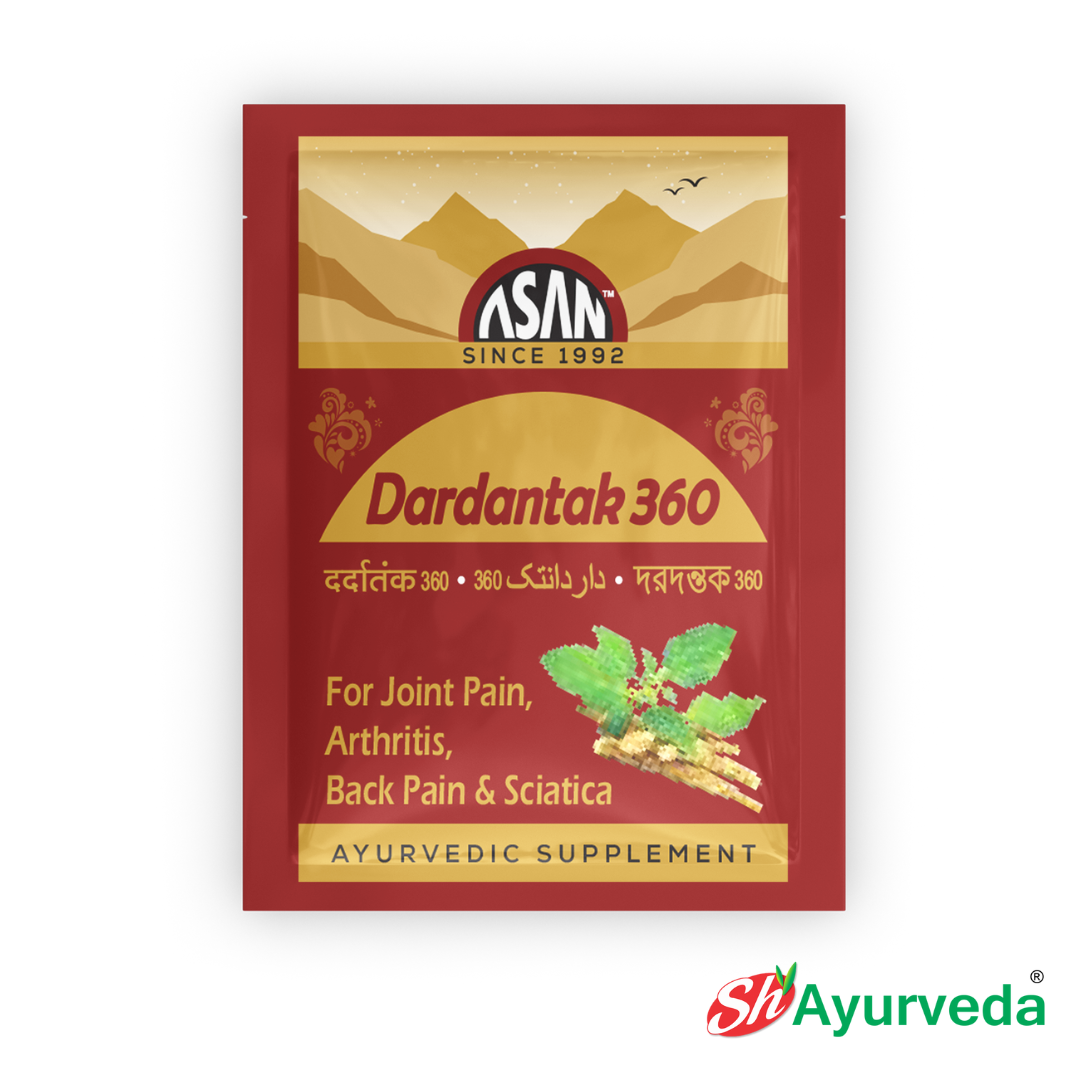
Natural Joint Pain Relief: The Power of Herbs for a Healthy Body
Herbs for Joint Pain and Inflammation
Joint pain and inflammation can be a hindrance to a person's daily activities, causing discomfort and limited mobility. While there are many over-the-counter and prescription drugs available to alleviate joint pain, some people prefer to try natural remedies like herbs. This article outlines the causes of joint pain and inflammation and the most effective herbs for treating the condition.
Causes of Joint Pain and Inflammation Joint pain and inflammation can be caused by a variety of conditions, including arthritis, gout, bursitis, and tendinitis. Arthritis is a common condition that affects the joints, causing pain, swelling, and stiffness. Gout is a type of arthritis that occurs when uric acid crystals build up in the joints, causing pain and swelling. Bursitis is the inflammation of the small fluid-filled sacs called bursae that cushion the joints, while tendinitis is the inflammation of the tendons, which connect muscles to bones.
Herbs for Joint Pain and Inflammation There are several herbs that have been shown to be effective in reducing joint pain and inflammation. Some of the most commonly used herbs include turmeric, ginger, boswellia, devil's claw, and willow bark.
Turmeric is a spice commonly used in Indian and Middle Eastern cuisine and has anti-inflammatory properties that help reduce joint pain and swelling. Ginger is another herb with anti-inflammatory properties and has been shown to be effective in reducing joint pain, especially in people with osteoarthritis. Boswellia is an herbal extract that has been used for centuries to treat joint pain and inflammation, particularly in people with osteoarthritis and rheumatoid arthritis. Devil's claw is a South African herb that has been used for centuries to relieve pain and inflammation and is commonly used for joint pain and arthritis. Willow bark is a natural pain reliever and anti-inflammatory and has been used for centuries to treat joint pain and inflammation.
Precautions and Considerations While herbs can be effective in treating joint pain and inflammation, it is important to consult with a doctor before using them, especially if you are taking other medications. Herbs can interact with other drugs and may cause side effects, so it is important to talk to your doctor about any concerns you may have.
Conclusion Herbs can be a safe and effective way to reduce joint pain and inflammation, but it is important to talk to your doctor before using them. Maintaining a balanced diet and lifestyle, and engaging in physical activity, can also help support joint health. If you are considering using herbal remedies for joint pain and inflammation, remember to follow the recommended dosages and to be patient, as some herbs may take several weeks or months to produce the desired effects.





